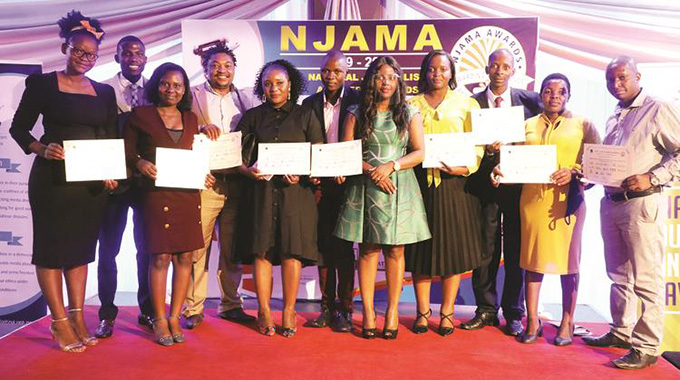(SPONSORED) Elimination of violence against women & girls:Orange the World: Fund, Respond, Prevent, Collect

The 11th of March 2020 marks the day when the World Health Organisation declared the COVID-19 outbreak a global pandemic. This same month, an upsurge in the already existing pandemic that is violence against women and girls was noted.
In some areas the reports of violence trebled increasing the need for social, legal, health and other protections.
During the earlier days of the pandemic, many services had to come to a complete halt, making room only for what was deemed ‘essential services.’
The Zimbabwean courts officially closed on the 30th of March 2020, only allowing for urgent matters and bail hearings to be heard. Without a formal letter from the police, movement between different places was very restricted making it more difficult for victims of violence to access immediate relief.
The convenience of being physically able to go and make a police report or seek post violence medical services became almost impossible for many.
While the COVID-19 restrictions have since been relaxed, what remains is the harsh reality of violence that many women and girls continue to live in, made worse by all the other consequences of a global pandemic.
This pandemic has revealed the need to strengthen our efforts in addressing gender- based violence and has created an opportunity to be innovative and to diversify such efforts.
As countries were under lockdown, service providers had to predominantly rely on online platforms to respond to reports of gender-based violence.
Within the first month, Zimbabwe Women Lawyers Association received 1 177 reports, some of which required the immediate evacuation of the survivor to a safe shelter.
Further, between January – March 2020, 3 187 reports had been received in comparison to the 2 547 complaints received the previous year. Research estimates that there has been a 70% increase in the prevalence of domestic violence since the beginning of the national lockdown.
Factors such as financial instability, unemployment, closure of schools, banning of informal trade, poverty and lack of food aggravated the living conditions of many and created thriving environments for violence to prosper.
The risk of sexual exploitation, child marriage, unwanted pregnancy has also been heightened making it necessary for the COVID-19 response to go beyond medical intervention.
As a strategy to tackle gender-based violence, the 16 days of activism campaign was initiated. This period commences on the 25th of November during the International Day for the Elimination of Violence Against Women & Girls and ends on Human Rights Day, the 10th of December.
This commemoration is a global demonstration of solidarity in eliminating violence against women and girls and it calls for collective action from governments, citizens, civil society organisations and the private sector.
The 16 Days of Activism call on everyone to actively work together to increase awareness and advocacy efforts to end all forms of violence against women and girls.










Comments